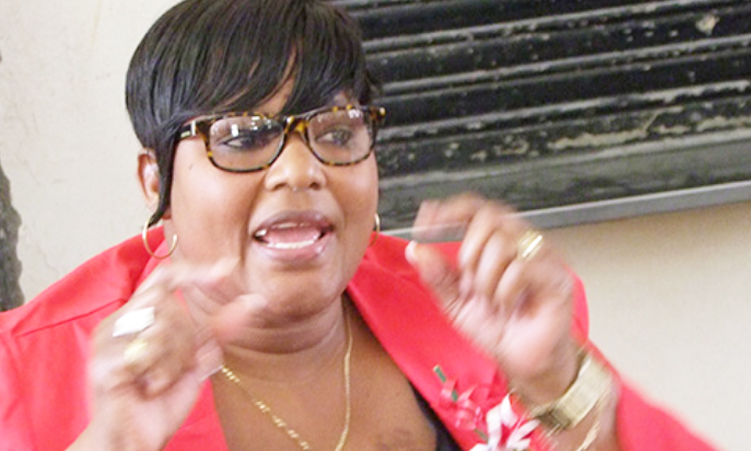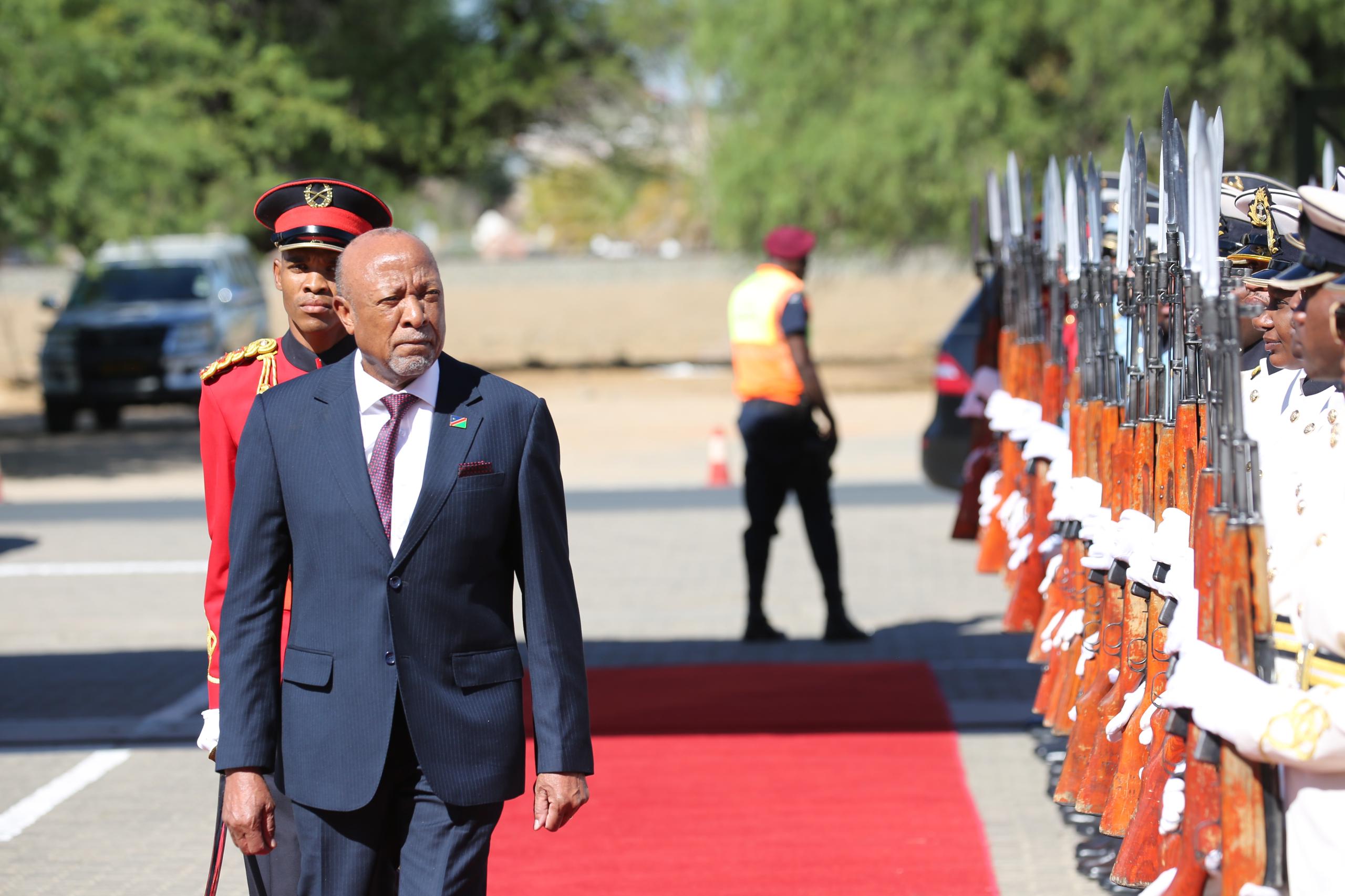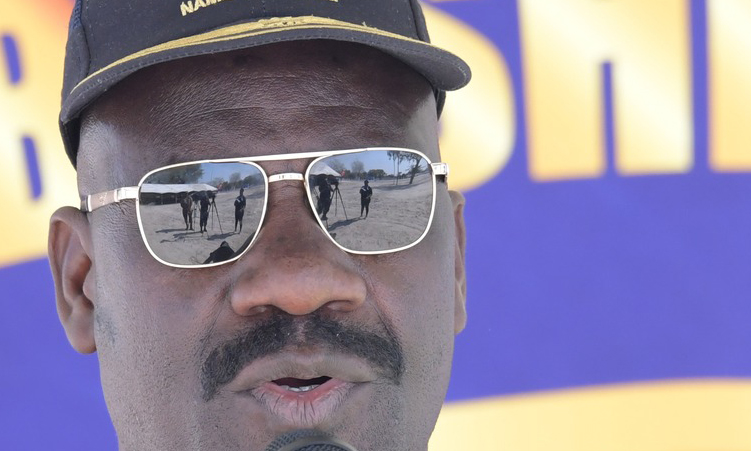Disability affairs deputy minister Alexia Manombe-Ncube says many people with disabilities are still battling to find employment despite the Affirmative Action Act.
The Act is in place to ensure people with disabilities are given equal opportunities.
However, Manombe-Ncube says despite being the preferred candidates on job vacancies, Namibians with disabilities still battle to secure employment.
“What is challenging is the connotation or the misconception that people with disabilities might not be either performing the duties accordingly due to the limitations of their disabilities, or they are just being discriminated against for who they are,” the deputy minister said during a press conference in Windhoek yesterday.
The Affirmative Action Act states that persons with disabilities are one of three groups employers should give preferential treatment to during the recruitment processes.
“People with disabilities fall under the designated groups and we see the advertisements always encouraging people with disabilities to apply. We all know that we can only alleviate poverty when we give people a job in our country,” she said.
Manombe-Ncube revealed that the high unemployment among people with disabilities is a matter of concern.

“Affirmative action is there, but people with disabilities feel that it’s not being fully implemented accordingly,” Manombe-Ncube said.
She said these Namibians end with the interview stage due to the lack of inclusive infrastructure or resources. An example would be if someone is unable to walk, but to get to an office, they have to take stairs.
“Already, the infrastructure has excluded people with disabilities, and that we call an indirect discrimination, because you are not ready for people with disabilities,” she said.
The deputy minister said companies might be ready in theory, but practically it is a different story.
“You want to employ them, but your infrastructure doesn’t accommodate them. You don’t have sign language interpretation when you employ a person who is deaf,” she added.
Manombe-Ncube added that this is discrimination towards the community.
“You don’t have software on your computers, on your laptops, that can accommodate someone who is blind. So that is already a discrimination on its own, and that is what forces the employers to exclude people with disabilities,” she stated.
In an opinion article last month, Loide Hango, an advocate and woman with physical disabilities, echoed the deputy minister’s concern.
“Even though the government’s employment strategy is built on the principle of equal opportunity for all citizens, people with disabilities continue to be denied opportunities,” she said.
Hango explored how disability discrimination continues to exist when a person with a disability is treated less favourably than a person without a disability in the same or similar circumstances.
“The majority tend to be employed in low-skilled positions, such as clerks or labourers despite the level of their qualifications.
“People with disabilities in Namibia continue to suffer difficulties that have gone unaddressed for far too long, with no adequate framework in place to address such challenges,” she said.
She said in Namibia, physical fitness and a driver’s licence are required for employment, “but the legislation does not specify how people with impairments should be treated”.
Stay informed with The Namibian – your source for credible journalism. Get in-depth reporting and opinions for
only N$85 a month. Invest in journalism, invest in democracy –
Subscribe Now!






